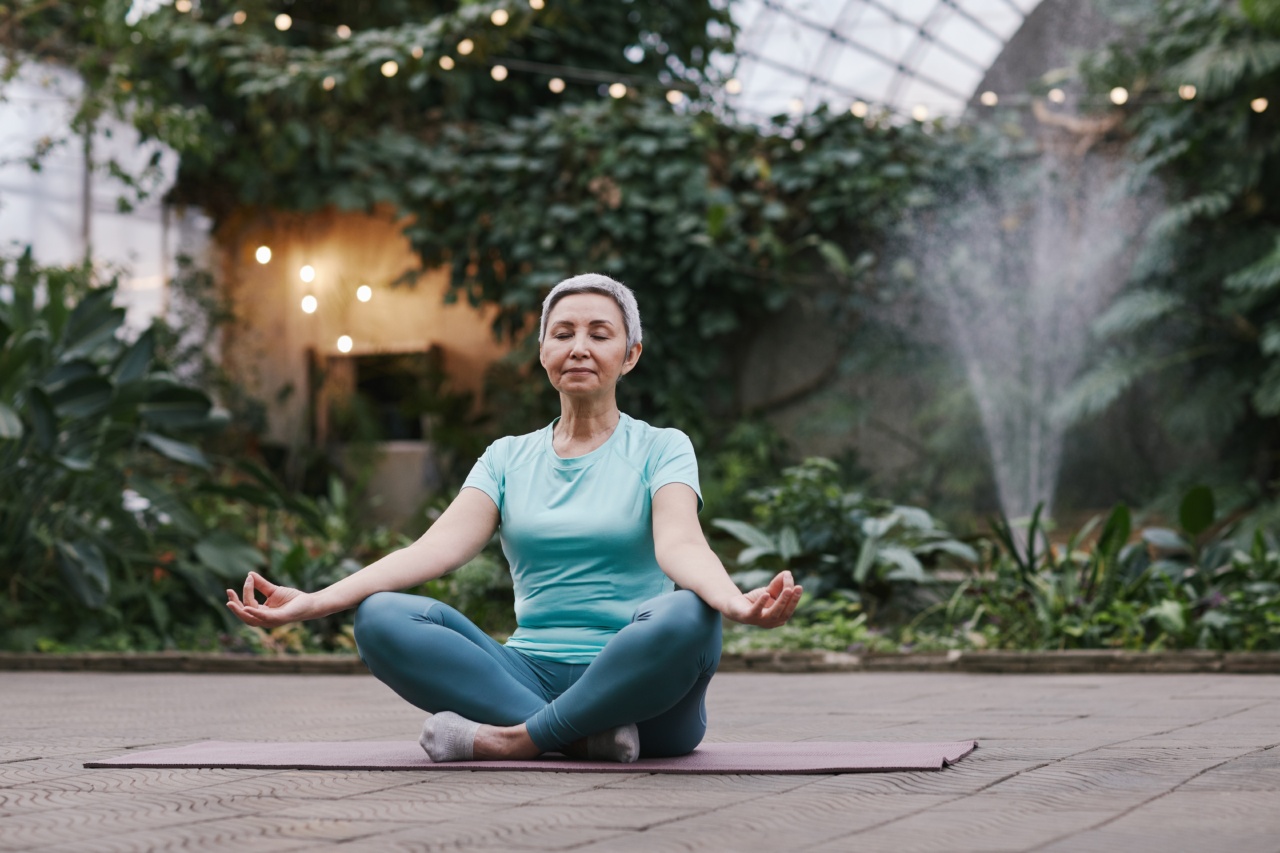Feeling good and being healthy are essential aspects of a well-lived life. However, in today’s fast-paced world, achieving and maintaining optimal health can feel like cracking a complex code.
It requires a deep understanding of various factors that contribute to physical and mental well-being, along with powerful strategies to implement in our daily lives.
The Foundation of Physical Health
Good physical health forms the basis of feeling good and being healthy. It involves taking care of our body through proper nutrition, regular exercise, and adequate sleep.
Eating a balanced diet rich in fruits, vegetables, whole grains, and lean proteins nourishes our bodies with essential nutrients. Regular exercise not only helps in maintaining a healthy weight but also elevates our mood and boosts our energy levels. Additionally, quality sleep allows our body to repair and rejuvenate, promoting overall well-being.
The Power of Mental Well-being
While physical health is crucial, mental well-being is equally important. A positive mindset and emotional balance contribute significantly to feeling good and being healthy.
Taking care of our mental health involves managing stress, practicing self-care, and cultivating a strong support system. Stress management techniques, such as deep breathing exercises, mindfulness, and engaging in hobbies, help reduce the impact of stress on our overall health.
Self-care activities, such as taking breaks, pampering oneself, and engaging in activities that bring joy, replenish our energy and enhance our well-being. Building and maintaining strong relationships with family, friends, and loved ones provide us with emotional support, fostering a sense of belonging and happiness.
Strategies for a Balanced and Fulfilling Life
Achieving a balanced and fulfilling life entails adopting several strategies that enhance our physical and mental well-being:.
1. Prioritize Self-Care
Make self-care a non-negotiable part of your routine. Set aside time for activities that bring you joy, relaxation, and rejuvenation.
Whether it’s reading a book, taking a bubble bath, or going for a walk in nature, prioritize self-care to nurture your overall well-being.
2. Cultivate a Positive Mindset
Our thoughts greatly influence our emotions and actions. Practice positive affirmations, gratitude, and mindfulness to cultivate a positive mindset. Embrace self-compassion and focus on solutions rather than dwelling on problems.
A positive mindset not only enhances our mental health but also positively impacts our physical well-being.
3. Manage Stress Effectively
Stress is a part of life, but how we manage it determines its impact on our health. Implement stress management techniques such as deep breathing exercises, meditation, yoga, or engaging in activities you find relaxing.
Prioritize stress reduction strategies and create a stress-free environment for optimal well-being.
4. Nourish Your Body
Feed your body with nutrient-dense foods that provide the fuel it needs to function optimally. Focus on a variety of fruits, vegetables, whole grains, and lean proteins.
Stay hydrated and limit the consumption of processed foods, sugary drinks, and excessive amounts of caffeine.
5. Stay Active
Incorporate regular physical activity into your routine. Choose activities you enjoy, whether it’s dancing, swimming, jogging, or practicing yoga.
Regular exercise improves cardiovascular health, boosts energy levels, and enhances mood by releasing endorphins – the feel-good hormones.
6. Get Sufficient Sleep
Sleep plays a vital role in our overall well-being. Aim for 7-8 hours of quality sleep each night. Create a soothing sleep environment by regulating room temperature, minimizing light exposure, and establishing a consistent bedtime routine.
Prioritize sleep to recharge your body and mind.
7. Connect with Others
Cultivate and maintain meaningful relationships. Spend time with loved ones, cherish moments of togetherness, and engage in open communication. Surround yourself with positive and supportive individuals who uplift and inspire you.
8. Engage in Regular Exercise
Physical activity not only improves our physical health but also has a profound impact on our mental well-being. Engage in regular exercise to release endorphins, reduce stress and anxiety, and boost confidence and self-esteem.
9. Take Breaks and Rest
Avoid the burnout trap by taking regular breaks and allowing yourself moments of rest. Overworking and neglecting proper rest can impact both physical and mental health.
Schedule breaks during work or study sessions and listen to your body’s signals for rest and rejuvenation.
10. Practice Gratitude
Cultivate gratitude as a daily practice. Take time each day to reflect on the things you’re grateful for – big or small. Gratitude helps shift our perspectives, promotes positivity, and increases overall life satisfaction.
Conclusion
In cracking the code for feeling good and being healthy, it’s important to address various aspects of our lives, including physical and mental well-being.
Prioritizing self-care, managing stress effectively, nourishing our bodies with proper nutrition and exercise, and fostering meaningful connections form the foundation of a balanced and fulfilling life. By implementing these strategies, we can unlock the secrets to a happier, healthier, and more vibrant existence.































